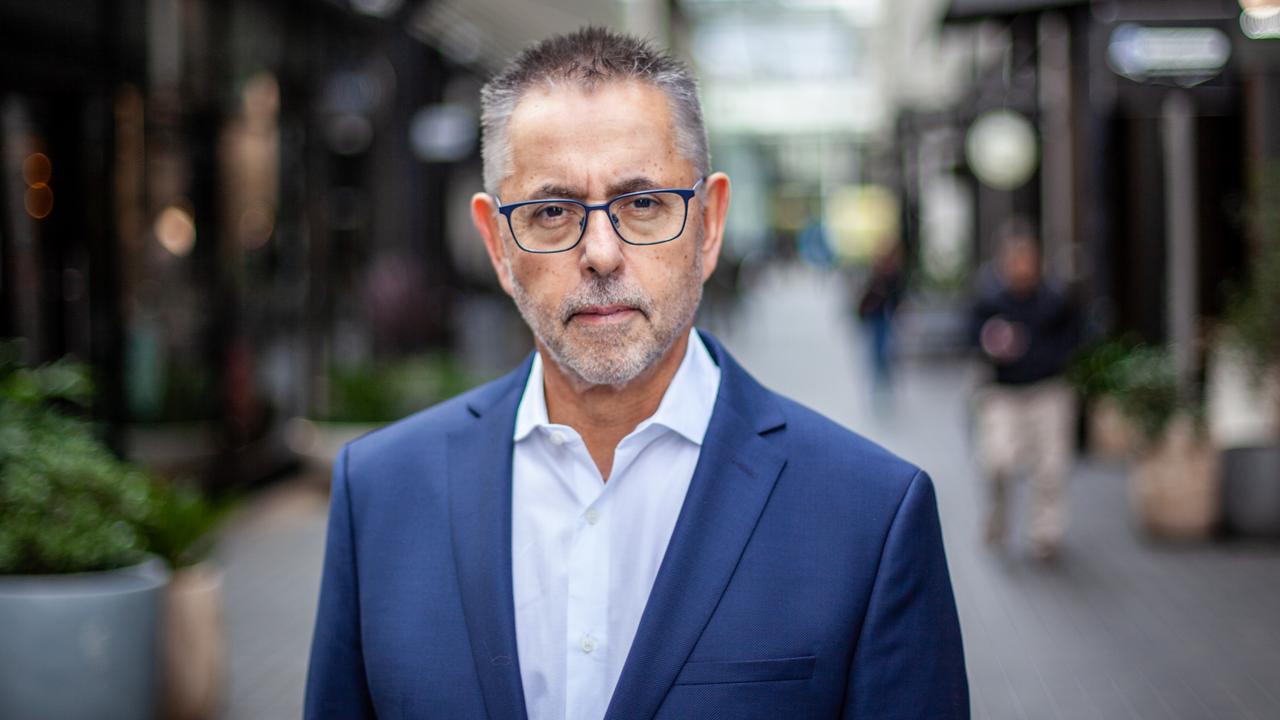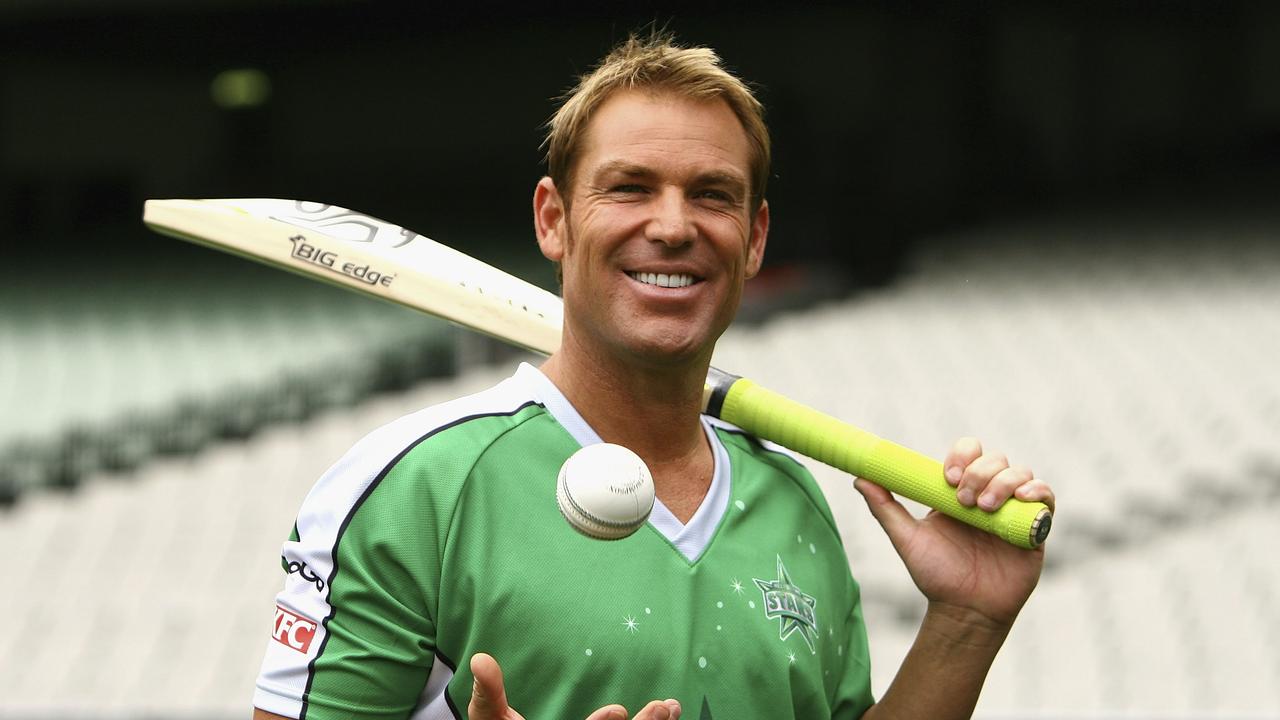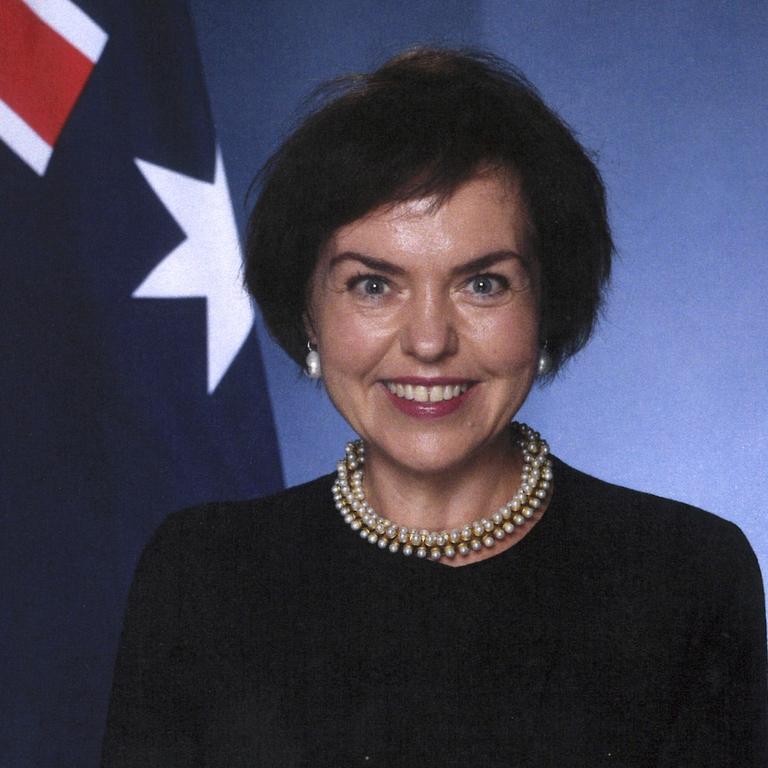ABC health expert Norman Swan claims Shane Warne and Kimberley Kitching’s heart attack deaths could be Covid-related
Cricket legend Warne died aged 52 on March 4 in Thailand, a few weeks after suffering mild Covid symptoms.
The ABC’s health expert Dr Norman Swan has suggested Shane Warne and Senator Kimberley Kitching’s deaths could have been Covid-related.
Both Warne and Ms Kitching died aged 52 after suffering heart attacks and neither of their deaths have officially been linked to Covid.
Warne died on March 4 in Thailand, a few weeks after suffering mild Covid symptoms.
Ms Kitching died on March 10 from a suspected heart attack. She was being treated for a thyroid condition that was contributing to heart problems.
Despite the tenuous connection, Dr Swan told ABC News that it was “too much of a coincidence” that they died from heart attacks after Warne had Covid. It is not clear whether Ms Kitching had ever tested positive for Covid.
“It’s too much of a coincidence that Shane Warne and the Labor Senator in Victoria died not long after a Covid infection, and people are reporting sudden death after Covid infection. It’s not benign,” he said.

Dr Swan pointed to a study by the Universities of Bristol, Cambridge, Edinburgh and Swansea - that the pandemic may have led to an additional 10,500 cases of heart attacks, strokes and other blood clot complications such as deep vein thrombosis in England and Wales alone.
In the first week after a Covid diagnosis, people were 21 times more likely to have a heart attack or stroke, conditions which are mainly caused by blood clots blocking arteries. This dropped to 3.9 times more likely after 4 weeks, the study of 48 million unvaccinated patients found.
Dr Swan told Daily Mail Australia that cricket legend Warne had “lots of risk factors for heart disease, but if he was going to get a bit of extra inflammation from Covid, that could have tipped him over the edge”.
“These are two high-profile people,” Dr Swan added. “One of whose death was a complete surprise, and they both had Covid in the background.”

The health expert also told ABC viewers on Tuesday to guard against complacency in the face of a fourth Covid wave.
However, Australians will not be asked to roll up their sleeves for a fifth Covid-19 vaccine just yet, Health Minister Mark Butler says.
On the backdrop of a spike in cases across the country, Mr Butler said ATAGI had considered international evidence, as well as local data, and “decided not to recommend” a third booster at this point in time.
That advice comes as Australians aged over 18 are able to access a Pfizer bivalent vaccine for their third and fourth dose, which targets the Omicron sub-variants.
It follows the rollout of Moderna’s bivalent Omicron vaccine, which became available last month.
As case numbers rise across the country, Mr Butler said the current health advice is not to implement mask mandates or to ask people to work from home.

“If you are unwell, stay home and do not mix with others … If you have symptoms, stay home,” he said.
“If you are over the age of 70, or are over the age of 50 with two risk factors, make sure you have a plan with your doctor to get antivirals very quickly in the event you contract Covid.”
Chief medical officer Paul Kelly said there was “plenty of supply” of antivirals as the wave approaches its peak.
“I fully expect that we are nearing the middle of this wave,” he said.
“If it ends up being similar to Singapore, and I believe it will, then it should peak soon and drop quickly.”
Mr Butler said ATAGI is likely to implement new booster recommendations in early 2023 in preparation for winter.
“ATAGI reiterated that they are continuing to actively review the role of booster doses,” Mr Butler said.
“They noted in that, in their view, any reduction in transmission in this current what appears to be a building wave, any reduction in transmission by adding a fifth dose to the system would, in their words, likely be minimal.”
Mr Butler said there are 5.5 million Australians still eligible for their third dose who have not yet had it.
“In some instances, they are many months overdue for their third dose,” he said.



